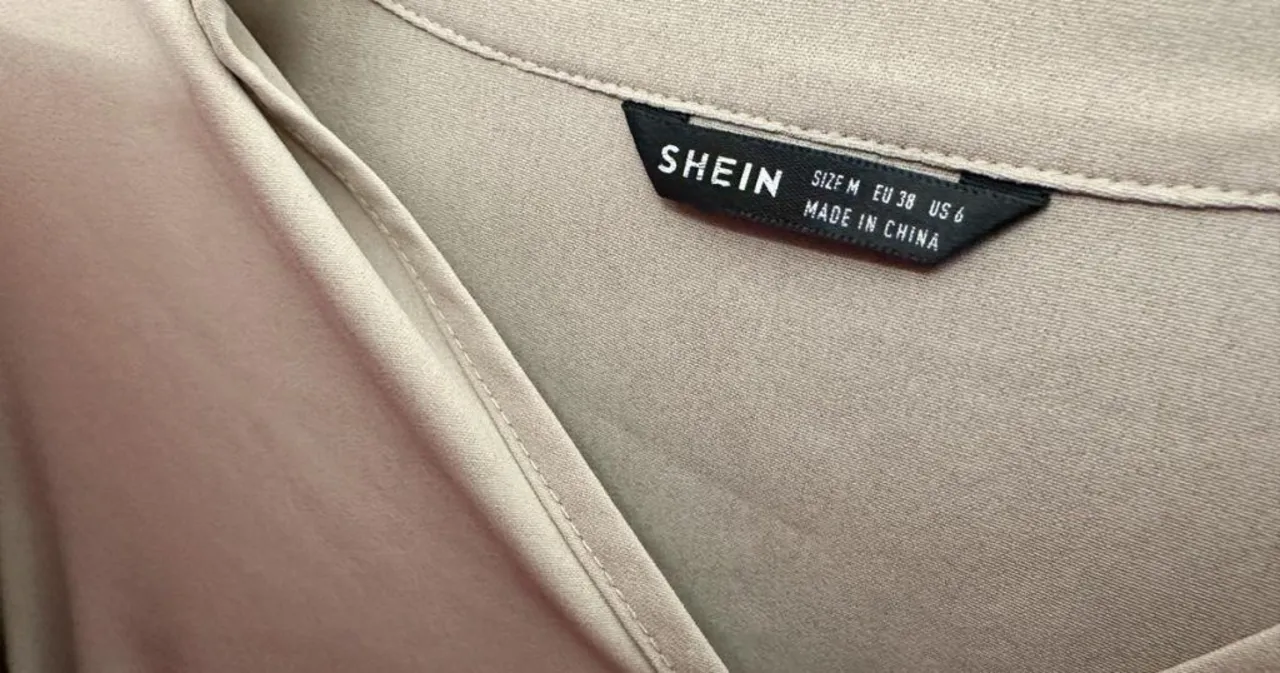Unethical Labor Practices
One of the main reasons why many people are opposed to the fashion store SHEIN is because of the unethical labor practices prevalent within the fast fashion industry. The company has been accused of exploiting workers, particularly in developing countries, by paying them extremely low wages and subjecting them to poor working conditions.
This issue has become more prominent in recent years, as people have become more aware of the social and environmental cost of their consumption choices. As a result, consumers are increasingly looking for brands that uphold ethical standards and treat their workers fairly. The allegations against SHEIN have thus led to a significant backlash against the company, with many consumers choosing to boycott the brand in favor of more ethically-conscious alternatives.
Environmental Concerns
Another reason why people are opposed to SHEIN is due to the environmental impact of fast fashion. The rapid production of cheap, disposable clothing has led to a massive increase in textile waste, as well as significant pollution and resource depletion. Fast fashion companies like SHEIN are often criticized for their lack of commitment to sustainability, as they prioritize profit over environmental responsibility.
In contrast, eco-conscious consumers are increasingly turning to sustainable fashion alternatives, which focus on minimizing waste and using environmentally-friendly materials. These consumers view SHEIN's business model as harmful to the planet and are therefore more likely to avoid shopping at the brand's stores or on their website.
Quality and Durability Issues
One of the major selling points of fast fashion companies like SHEIN is their ability to offer trendy clothing at extremely low prices. However, this often comes at the expense of quality and durability. Many people have complained about the poor quality of SHEIN's clothing, stating that the items they purchased fell apart after just a few wears or washes.
This issue has caused a significant amount of frustration among customers, who feel that they have wasted their money on products that did not live up to their expectations. As a result, many people are now choosing to invest in higher-quality clothing from more reputable brands, even if it means spending a little more upfront. These customers believe that purchasing well-made items that will last for years is ultimately more cost-effective and sustainable than constantly replacing cheap, disposable clothing.
Copycat Designs and Intellectual Property Theft
Another criticism leveled against SHEIN is their tendency to copy designs from other brands, particularly smaller independent designers. There have been numerous reports of SHEIN selling items that are nearly identical to those created by other designers, often without giving any credit or compensation to the original creator.
This practice has led to widespread accusations of intellectual property theft, and many people feel that it is unfair for a large company like SHEIN to profit off the hard work and creativity of smaller designers. As a result, some consumers choose to boycott SHEIN in solidarity with independent designers, opting to support smaller businesses that prioritize originality and creativity over imitation.
Lack of Transparency and Accountability
Finally, many people are opposed to SHEIN due to the company's lack of transparency and accountability regarding their labor practices and environmental impact. While some fashion brands have made efforts to improve their supply chain transparency and share information about their factories and workers, SHEIN has been relatively secretive about their business operations.
This lack of transparency has made it difficult for consumers to determine whether the company is taking meaningful steps to address the various issues associated with fast fashion. As a result, many people feel that they cannot trust SHEIN to prioritize ethical and sustainable practices and choose instead to support brands that are more open about their efforts to create positive change within the fashion industry.
